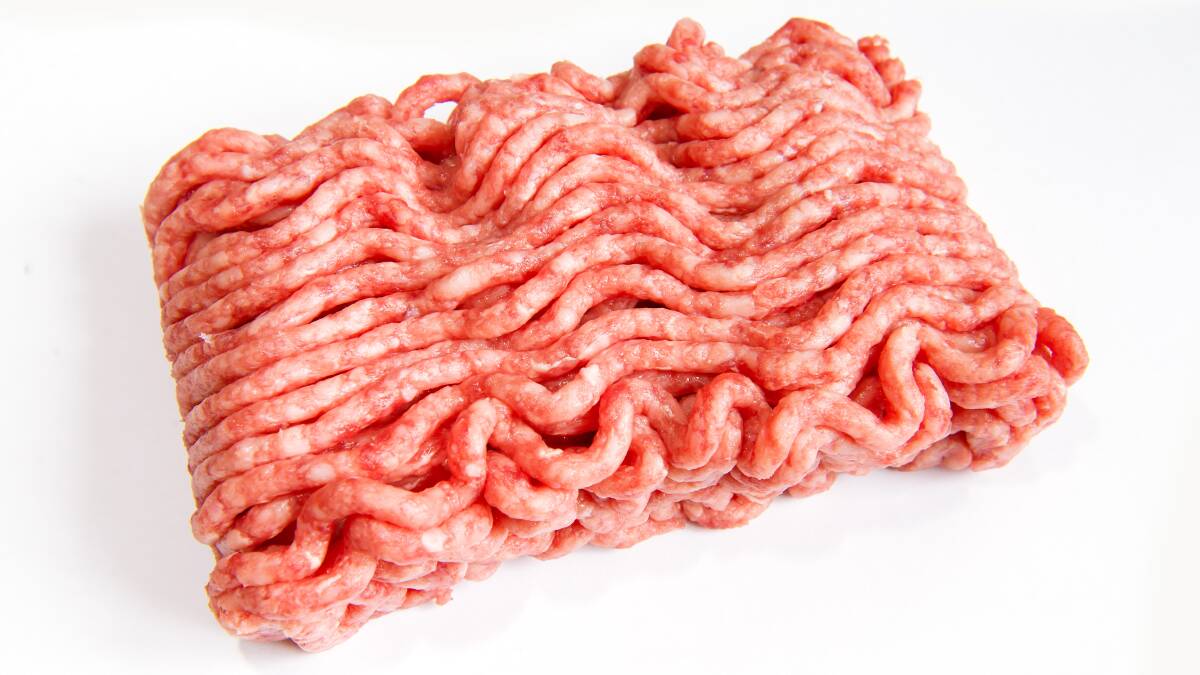
A REGISTERED nutritionist has called for consumer calm in the wake of a university study that found high levels of toxoplasma found in lamb mince purchased from supermarkets.
Subscribe now for unlimited access to all our agricultural news
across the nation
or signup to continue reading
Flinders University conducted the survey and found around a third of the samples had the parasite which can cause serious eye disease.
However Anthony Power, Power Nutrition, said there was no need for consumers to dump lamb from their menus as a result of the research.
"It's a case of being alert, not alarmed, the University is right to highlight that toxoplasma is a potentially serious problem, especially for your eyes, but equally it is very easy to prevent with some simple steps.
"Simply cooking your mince right through to around 70 degrees is a simple way of killing the toxoplasma parasites, so I would recommend you invest $10 in a meat thermometer from the supermarket or the BBQ shop and it won't be a problem."
Mr Powers said the problem of toxoplasma parasites was not limited to lamb.
Toxoplasma is closely linked to cats and everyday meat such as kangaroo, beef or chicken can all be impacted if the animal has been in an area where cats have frequented.
"Toxoplasmosis is a lot more common than we think and while it is= valid to absolutely stress that it can have very serious impacts equally I would point out that it is not cause to be afraid of eating lamb.
"It is just a timely reminder at this time of year, when people are rushing to cook things properly."
Stephen Crisp, acting chief executive of Sheep Producers Australia, backed up Mr Power's comments.
"Toxoplasma is a parasite that is found in many species including people, with cats recognised as a major source of infections in humans and animals," Mr Crisp said.
He said while the parasite was potentially serious there were also many people infected with it without any symptoms.
Mr Crisp said following health guidelines was the best way to stay safe.
"We agree with the advice Australian health authorities give to pregnant women to thoroughly cook raw meat - as well as washing hand after gardening and handling cat litter."
In relation to lamb he said it was a simple matter of cooking the meat to medium or freezing it to destoy the parasite.
Mr Crisp said the red meat industry was taking toxoplasma seriously and was carrying out further research to better understand the prevalence of the parasite and associated risks.
The study authors from Flinders University also advised consumers the parasite could be killed by freezing the meat.
Mr Powers cautioned people to again ensure the process was done thoroughly.
"If you are going to freeze the meat then make sure it is really frozen right through."
The study, published in the Australian New Zealand Journal of Public Health, was in line with findings elsewhere in the world.
Flinders strategic research professor, Justine Smith, who led the research, said these findings were new for Australia, but were expected from work done in other parts of the world.
The team will now test other meats for toxoplasma, especially other red meats that are often eaten rare, such as kangaroo and beef.


